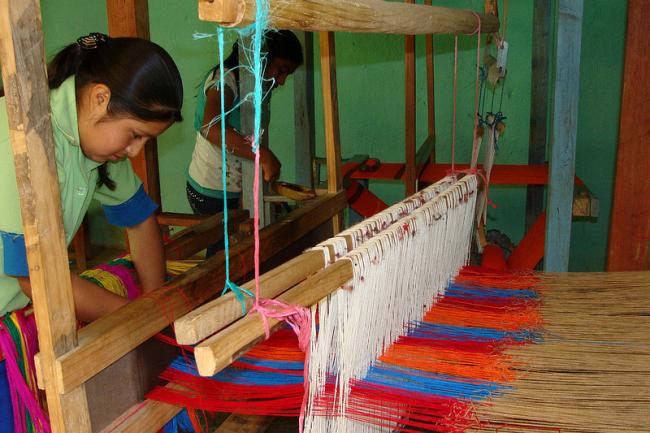
Honduras risks becoming ‘lawless killing zone’ for human rights defenders – UN expert
UN Special Rapporteur Michel Forst’s appeal came after the killing of yet another outspoken leader of the Civic Council of Popular and Indigenous Organizations Honduras (COPINH), Nelson García, reportedly occurred on 15 March.
Earlier this month, Berta Cáceres, COPINH founder, prominent indigenous leader and environmental and women human rights defender, was slain.
García was allegedly killed shortly after he had witnessed a forced eviction carried out by security forces in the Río Lindo area, South of San Pedro Sula. “This new tragedy points once again to major faults in the protection of rights defenders in the country,” . Forst said in a press release.
“Amid unrelenting attacks against environmental and indigenous defenders, it is high time the Honduran authorities take concrete steps to ensure safety for all human rights defenders in the country, and their families,” he stressed, recalling States’ obligation to guarantee security and protection for all human rights defender or activists within its borders.
“I urge the Honduran Government to publicly condemn the assassination of Nelson García and ensure an immediate, independent and impartial investigation into his death,” he said. “This cycle of violence will only stop when impunity is addressed and perpetrators of such attacks are put to justice.”
According to numerous reports received by the special rapporteur, Honduras has become one of the most dangerous countries in the world for human rights defenders, particularly those promoting rights related to environment and land issues.
On 5 March, after the death of Berta Cáceres, the Inter-American Commission on Human Rights decided to call for precautionary measures for all members of COPINH as they were suffering an escalation of threats and harassment. “However, this has regrettably not prevented . García’s murder,” . Forst concluded.
Independent experts or special rapporteurs are appointed by the Geneva-based UN Human Rights Council to examine and report back on a country situation or a specific human rights theme. The positions are honorary and the experts are not UN staff, nor are they paid for their work.
Photo: UNDP
Support Our Journalism
We cannot do without you.. your contribution supports unbiased journalism
IBNS is not driven by any ism- not wokeism, not racism, not skewed secularism, not hyper right-wing or left liberal ideals, nor by any hardline religious beliefs or hyper nationalism. We want to serve you good old objective news, as they are. We do not judge or preach. We let people decide for themselves. We only try to present factual and well-sourced news.







